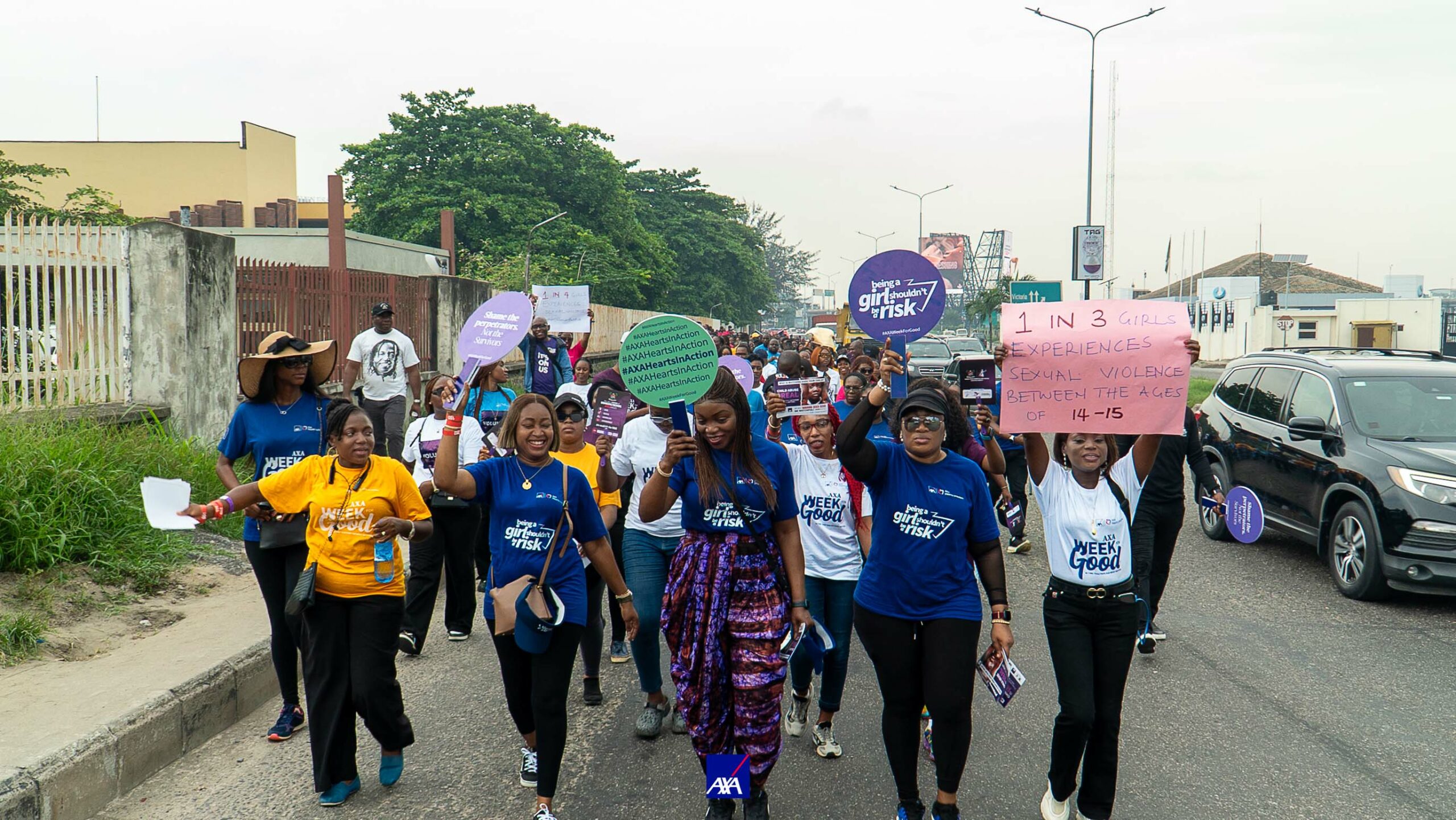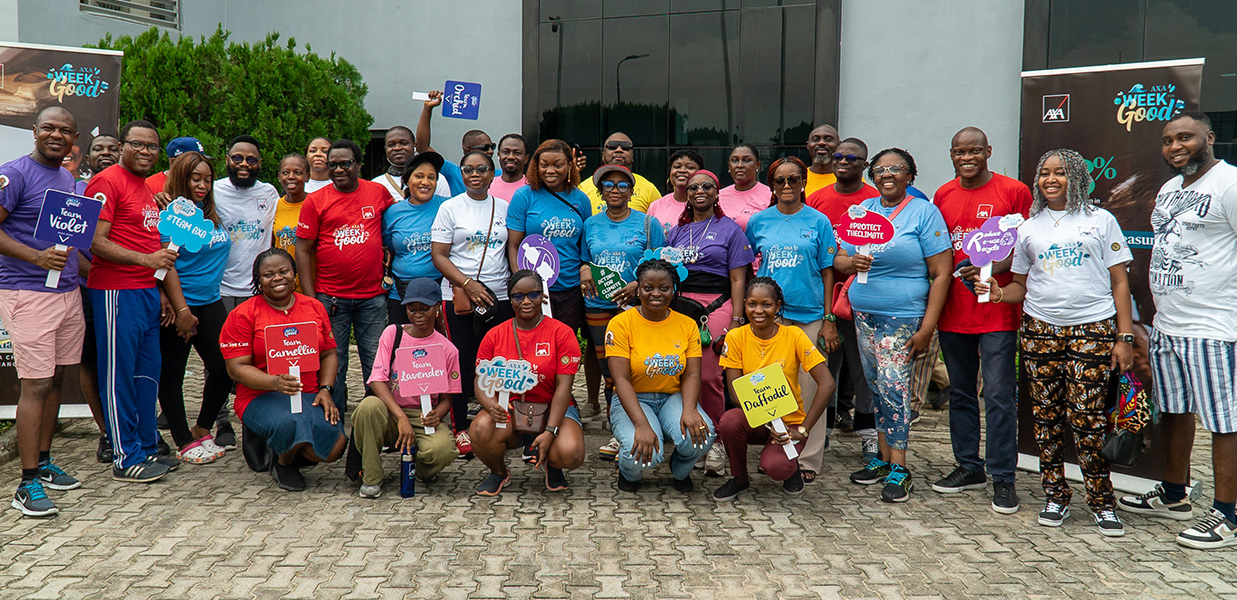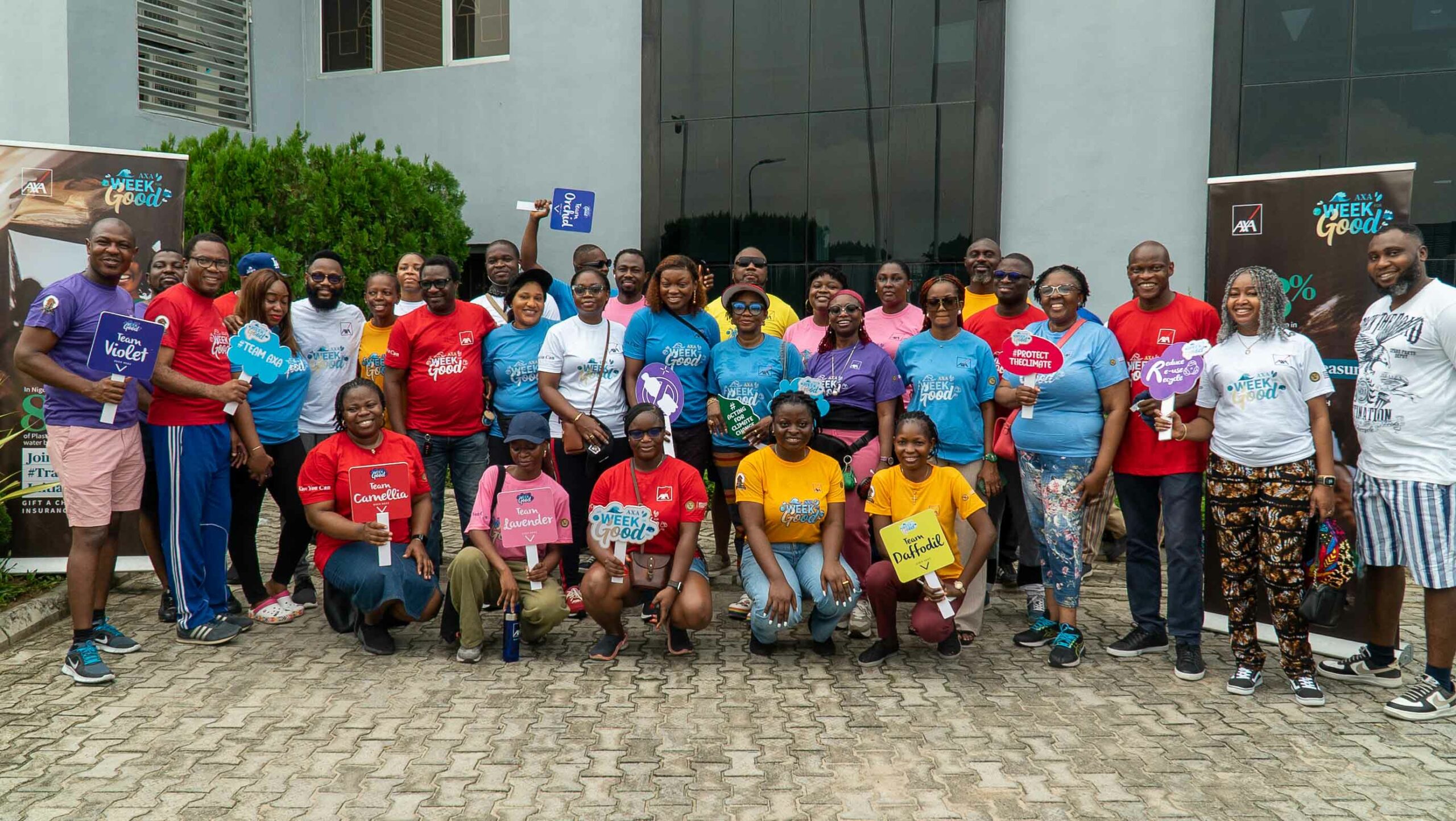One of the blessings of being an HR leader is having a broad shoulder that serves as comfort and a safe place for many. On the other side of that coin is implementing policies and programs that unlock the productivity of people wholesale so businesses can meet their obligations to stakeholders. Between the two roles of the HR leader are employees who experience significant pressure to meet deadlines and achieve targets. Despite their dedication and motivation, many of our employees often feel overwhelmed by anxiety and stress, which negatively impacts their overall well-being.
The tension that employees face, and more importantly, its impact on the future of the workplace, is at the heart of our 2025 Global Mind Health Report. The AXA Mind Health Report launched five years ago, is one of our global initiatives aimed at promoting positive mental well-being and reducing stigma through targeted programs.
This year’s edition sheds worrying light on the mental health landscape, revealing that 57% of 18-24 year-olds and 53% of 25-34 year-olds fall into the “languishing” or “struggling” categories of mind health. This alarming statistic highlights the vulnerabilities of young people and underscores the urgent need for proactive measures to address these issues.
What this means for Nigeria
Nigeria’s workforce is predominantly young, with a substantial portion of its population under the age of 35. This demographic is not only the backbone of the country’s economy but also the most affected by mental health challenges, according to data. The implications of this are profound because mental health issues directly impact productivity and, consequently, business performance.
The emerging workplace is designed with the youth in mind. Gen Zers are entering top and middle management, and Gen Alphas are finding their footing in the workplace. It is a place where technology and humanity will meet as we herald the possibilities of the 5th Industrial Revolution. Diversity, inclusion, and equity topics drive cohesion and backward and forward integration of skills.
Nigerian youth workforce is not immune to the same leading factors causing Depression, Anxiety, and Stress (DASS) for their counterparts around the globe. According to our report, job insecurity, financial instability, uncertainty about the future in a rapidly changing world, and constant exposure to negative news in the media are the leading factors of adverse mental health conditions globally, leaving many young professionals feeling lost and unsupported.
According to a survey by HumAngle, 63.3% of Nigerian workers experience burnout, while 65% struggle with anxiety. These mental health challenges lead to increased absenteeism, reduced efficiency, and higher turnover rates. For businesses, this translates to significant financial losses and a decline in overall productivity.
Addressing the Mind Health Gaps in the Workplace
HR professionals and business leaders will play a crucial role in addressing the mental health crisis in the workplace. Interestingly, 53% of employees reported that their workplace lacks policies to support mental health and well-being. In an age with high stressors around us, we must change this narrative by creating supportive environments where employees feel valued and heard. We must dial up the need for organizations to implement policies that support mental health.
While there will be challenges in doing this, we must focus on the brighter side of the opportunities. The good thing is that some employees are pointing us in the right direction on how to help with their mental health. According to the AXA Mind Health report, some of the actions employees plan to take to manage work-related stress include increasing physical exercise, taking time off for vacation, practicing mindfulness, seeking professional mental health support, and speaking with HR, among others. I encourage HR leaders to download the report at axa.com for more insights to guide them in developing policies that support people and improve business performance.



